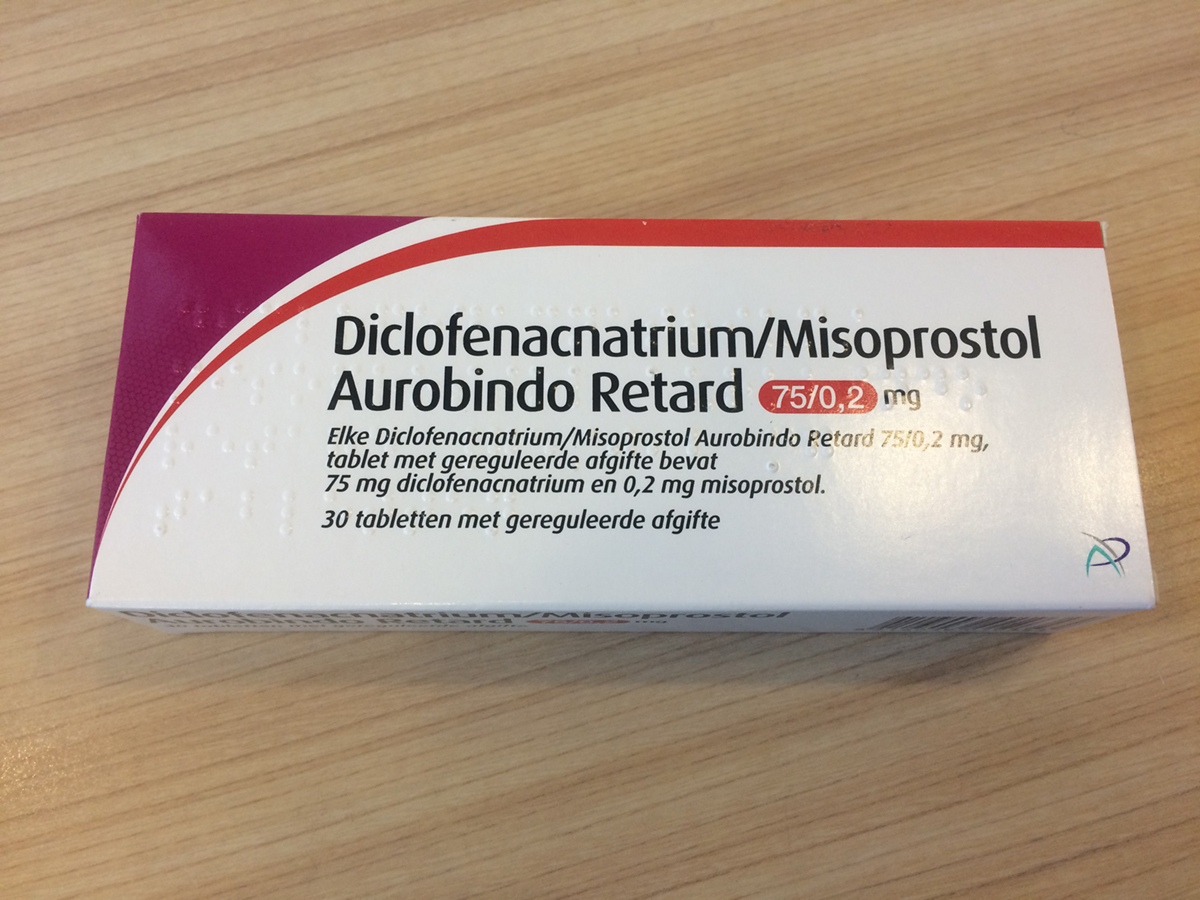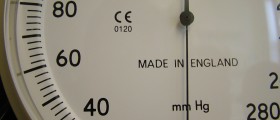
Gastrointestinal side effects
For people who do not normally have gastrointestinal problems, the possibility of diclofenac causing some is extremely rare. However, it does happen sometimes, and these issues include abnormal narrowing of the large bowel and the appearance of ulcers, as well as their bleeding. On the other hand, if one has a history of gastrointestinal problems or alcohol abuse problems, the possibilities of diclofenac causing some side effects are much greater. Not only that but they are much more intense and unpleasant than the above mentioned ones. They include irregular bowel movements, vomiting, diarrhea and numerous types of ulcers with the possibility of their tearing andbleeding.
Hepatic side effects
Hepatic issues are related to the liver. Aside from increasing the levels of amino groups much above normal, there are some cases in which diclofenac is claimed to be responsible for the induction of hepatitis, as a result of damaged liver combined with a certain dose of diclofenac. Side effects include elevated levels of leukocytes in the blood, enlarged lymph nodes, rash and fever.
Renal side effects
Renal side effects are those which are in correlation with the kidneys. Diclofenac can weaken the general ability of the kidneys to function as they should. It presents an even greater danger to those who have heart problems and it also causes an significant decrease in the blood volume, cirrhosis and nephrotic syndrome whose main characteristic is that it causes high blood pressure.
Dermatologic side effects
Diclofenac can even have negative side effects for the skin. What it does is provoke an intense rash, redness and vomiting. Besides these most basic dermatologic side effects, it can also cause high blood pressure, conjunctivitis and shortness of breath.
These are just a few types of side effects that diclofenac can cause, for it can also affect the muscles and bones, cause hypersensitivity, disrupt the nervous system or even the entire metabolism. Sometimes it even affects the psyche, leading to depression, anxiety or some other manifestations of mental disorders.
Finally, when everything is taken into consideration it is absolutely necessary to consult a doctor on whether to consume diclofenac or not for its consequences can sometimes be greater than its benefits.

















Your thoughts on this
Loading...